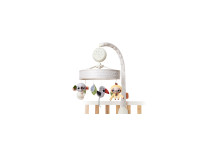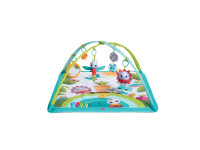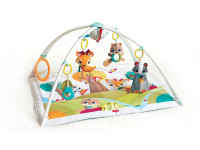- Our Products
- Collections
- Baby Development
- Parents Essentials
Created with love and care by our child development experts, this is a comprehensive set of guidelines for various baby development milestones and a tool for helping parents grow with their babies.
Imagination & Creativity 3 - 6 m

First Stepping Stones to Differentiation and Imagination
During this period, your baby begins to actively explore her world. The senses and newly-gained hand control enable her to explore her surroundings and begin to understand the basic idea of imagination.
Telling the Difference between Objects
At this stage your infant begins to differentiate between things. For example, when she shakes a particular toy, she hears a bell ring, but with another toy, there is no sound. In this process, she slowly learns that each object has its own unique characteristics. Having said that, her memory is still quite limited. For example, after she has learned how to make a certain rattle ring, she will be able to repeat the action a few days later. However, if she is given a different rattle, she will have to learn how to use it from scratch.
Object Permanence: Stepping Stone to Imagination
Another cognitive ability that begins to develop at this stage is object permanence. This means that your baby begins to understand that an object which has disappeared from her view continues to exist in another place. This understanding is imperative for later emotional development and growth and is an important stepping stone in developing the ability to imagine: being able to think of something even when it is out of your sight.
Milestones
- Grasps and shakes toys.
- Puts objects into his mouth for exploration.
- Enjoys playing with people.
Tiny Tips
- When your baby tries to bang a toy, grasp it or do other things with it, encourage him and praise what he is doing.
Articles
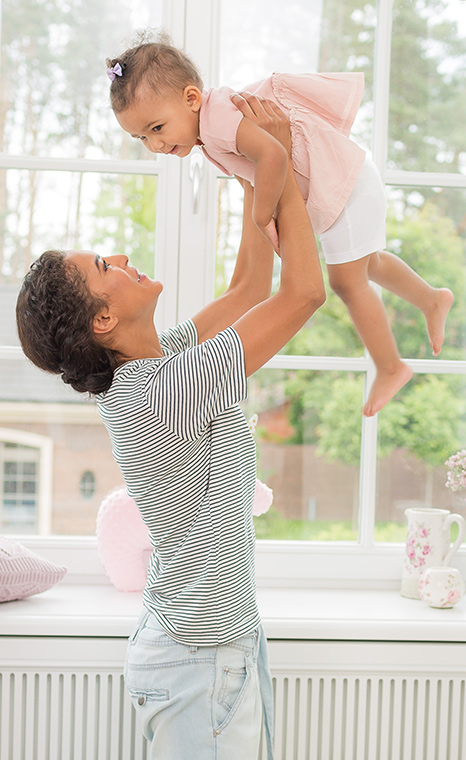
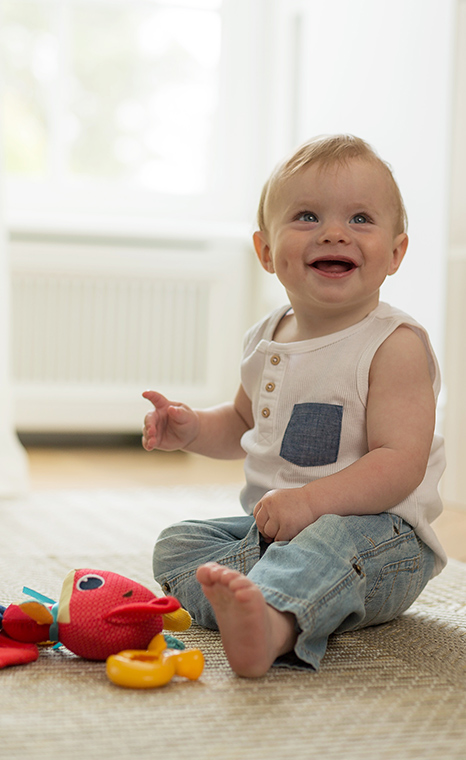

Sensory Regulation in Babies
Sensory regulation, the way we process and react to stimulation received through our senses, plays a central role in baby’s cognitive, social and motor development. Parents play an important part in helping children expand the scope of their sensory experience and enjoy their environment.
Read more

Baby is Finally Sitting Up!
Sitting enables your baby a new perspective of her environment. It also frees both of her hands, so they are available for exploring and investigating. Most babies can sit up on their own at nine to ten months, although some can do it as early as eight months, while others – not before twelve months of age.
Read more
























 English - International
English - International French - France
French - France Spanish
Spanish German
German Portuguese
Portuguese English - USA
English - USA English - UK
English - UK Russian
Russian Italian
Italian Japanese - Japan
Japanese - Japan Portuguese - Portugal
Portuguese - Portugal Polish - Poland
Polish - Poland
